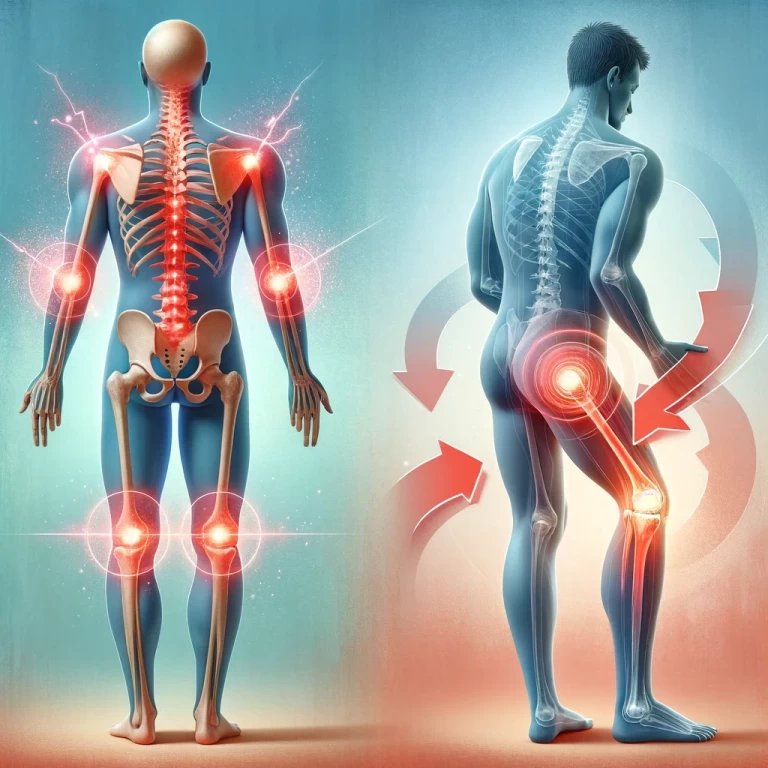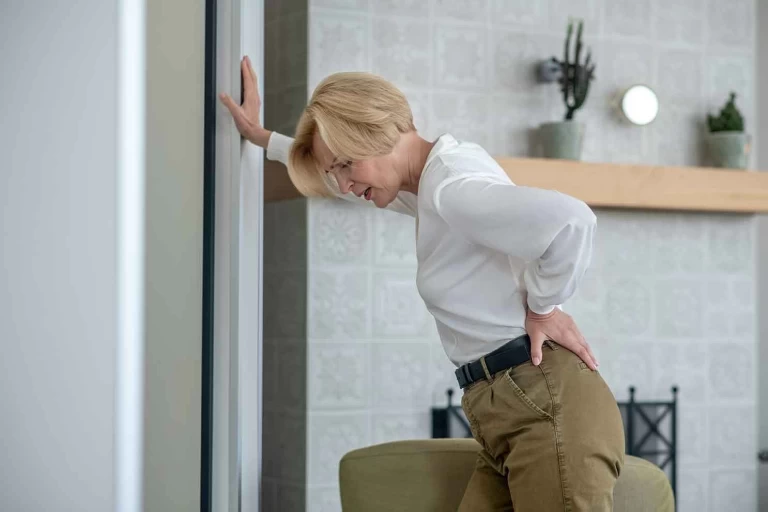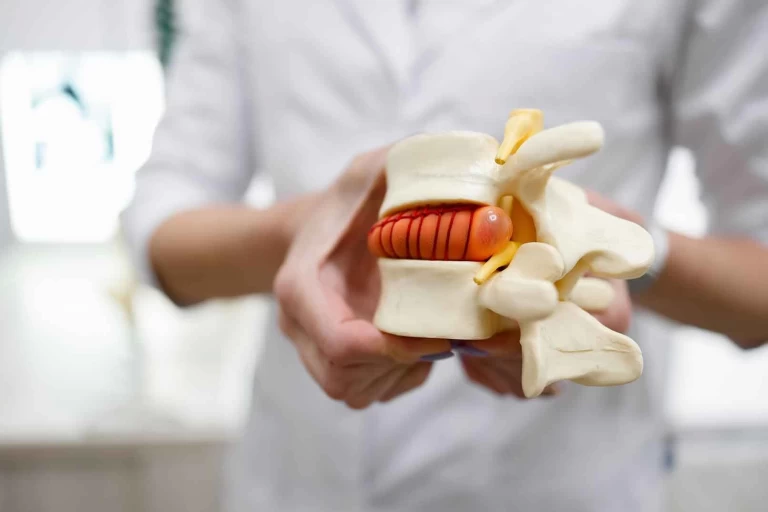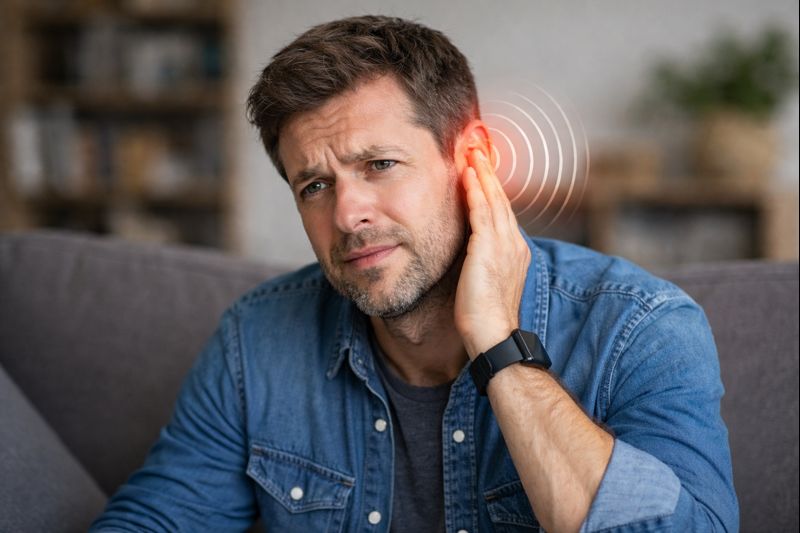
Low back pain and knee pain are two common musculoskeletal complaints that many people experience at some point in their lives. While they may seem unrelated, there is a strong connection between the two, as the health and alignment of the spine play a crucial role in the functioning of both the lower back and the knees. In this blog, we will explore the relationship between low back pain and knee pain and how chiropractic care can be an effective solution for addressing both issues.
Understanding the Link Between Low Back Pain and Knee Pain
By downloading the Digital Patient Chart mobile app you can better control your patient portal.
To understand the connection between low back pain and knee pain, we need to delve into the anatomy and mechanics of the human body. The spine, which consists of vertebrae, discs, and supporting muscles, serves as the central pillar of the body. It provides structural support and facilitates movement, including the bending, twisting, and weight-bearing activities that we perform daily.
1. Kinetic Chain
The kinetic chain is a concept in biomechanics that describes the interconnectedness of various body parts and how they work together during movement. The lower back and knees are key components of this chain, and any dysfunction in one area can lead to problems in the other. For example, if there is an issue with the alignment or stability of the lower back, it can result in abnormal stresses being placed on the knees during activities like walking, running, or even standing for extended periods.
2. Core Muscles
Another important factor in the relationship between low back pain and knee pain is the role of core muscles. The core muscles, including the abdominal and lower back muscles, play a crucial role in stabilizing the spine and pelvis. Weak or imbalanced core muscles can lead to poor posture and increased stress on the lower back and knees, ultimately causing pain and discomfort in both areas.
3. Nerve Impingement
The spine also houses the spinal cord, which is responsible for transmitting signals between the brain and the rest of the body. When the vertebrae in the lower back become misaligned or compressed, it can lead to nerve impingement, causing pain not only in the lower back but also radiating down into the legs and knees. This is often referred to as sciatica, and it can be a source of both lower back and knee pain.
Chiropractic Care: A Holistic Approach to Addressing Low Back and Knee Pain
Chiropractic care is a non-invasive, drug-free healthcare approach that focuses on diagnosing and treating musculoskeletal and nervous system disorders, including those related to low back and knee pain. Chiropractors are highly trained healthcare professionals who use manual techniques to restore proper spinal alignment and function. Here's how chiropractic care can help alleviate low back and knee pain:
1. Spinal Adjustments
Chiropractors perform spinal adjustments, also known as spinal manipulations, to correct misalignments (subluxations) in the spine. By restoring proper alignment, chiropractic adjustments can relieve pressure on the nerves, improve joint mobility, and reduce pain in both the lower back and knees.
2. Core Strengthening
Chiropractors often incorporate exercises and stretches into their treatment plans to strengthen the core muscles. A strong core helps stabilize the spine and pelvis, reducing the risk of low back pain and knee pain. Patients are usually provided with personalized exercise routines to address their specific needs.
3. Posture Correction
Poor posture is a common contributor to both low back and knee pain. Chiropractors can assess your posture and guide how to maintain proper alignment during daily activities. This can prevent further strain on the lower back and knees.
4. Soft Tissue Techniques
Chiropractors may also use soft tissue techniques such as massage, myofascial release, and trigger point therapy to address muscle tension and tightness in the lower back and legs. These techniques can help reduce pain and improve flexibility.
Conclusion
Low back pain and knee pain are closely related due to the interconnectedness of the musculoskeletal system. Chiropractic care offers a holistic and effective approach to addressing both issues by focusing on spinal alignment, core strength, posture correction, and patient education. If you are suffering from low back pain and knee pain, consider visiting our office. We can evaluate your condition, create a personalized treatment plan, and help you on the path to a healthier, more aligned life. Remember, sometimes the key to unlocking better health lies in the alignment of your body's hidden connections.









Leave a comment